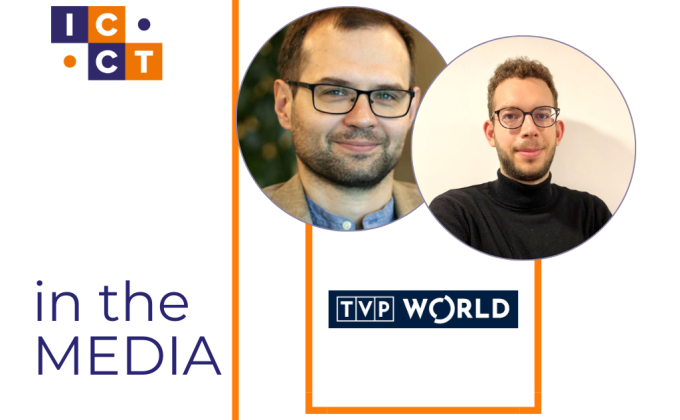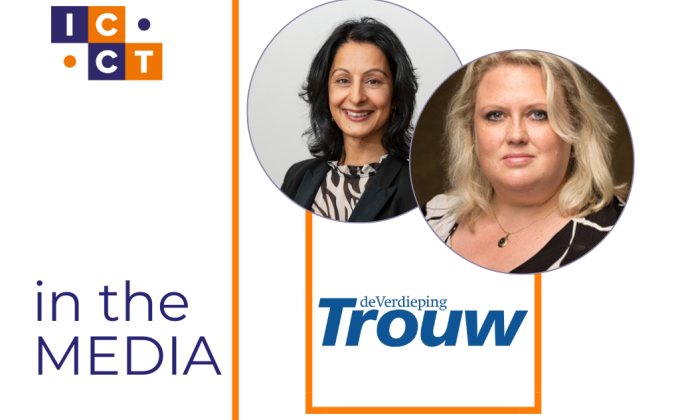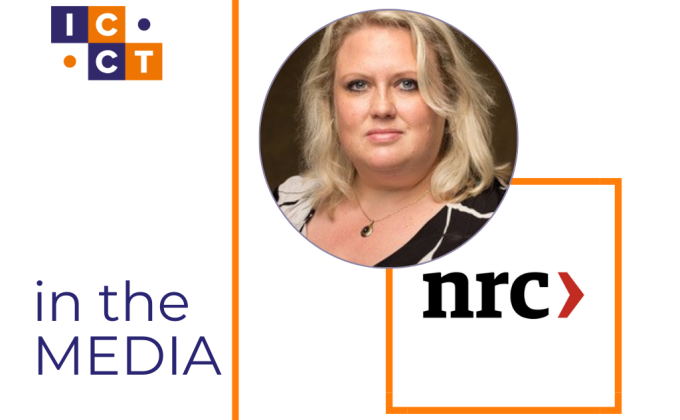Advanced Media Training for Malian Youth
21-22 August 2019
Bamako, Mali
Since 2012, Mali has experienced an increasing number of attacks by terrorist groups, particularly in the north of the country. The security and humanitarian situation has been further undermined by instances of collaboration between terrorist groups and criminal networks, including traffickers of drugs and arms. In addition to the dangers posed by terrorist organisations and narco- and arms-traffickers, an escalation of intercommunal violence has led to hundreds of deaths and thousands of internally displaced persons (IDPs). Collectively, these complex threats pose a significant risk to the stability of the country.
Aiming at supporting efforts to prevent violent extremism, facilitating rehabilitation and reintegration of violent extremist offenders and mitigating the risk of radicalization of the Malian youth, the United Nations Interregional Crime and Justice Research Institute (UNICRI) and the International Center for Counter-Terrorism (ICCT-The Hague) are implementing the project Mali (Dis-)Engagement and Re-Integration related to Terrorism (MERIT). This initiative is supported by the Royal Danish Embassy in Bamako.
A key focus of the project aims specifically at empowering and engaging youth in the promotion of alternatives to violence. Within this context, an Advanced Media Training for Malian Youth took place from 21 to 22 August 2019, gathering XX participants from various regions of Mali. Given the crucial role played by the media in influencing policies and civil society development, this training activity, which followed two earlier workshops held in Bamako in February and May 2019, was developed to respond to the need to identify and promote reliable and responsible news. The final aim of the training course was to promote knowledge of the media and enhance critical thinking in order to allow young people to recognise violent propaganda and to resist to all forms of indoctrination, radicalization, and hate speech
The training sessions, conducted by experts from a Malian media NGO, Tuwindi, included both theoretical and practical activities and provided the participants with vital tools to strengthen their media literacy, their ability to distinguish between facts and opinions expressed in the media, detect inaccurate reporting, verify reliable sources, and develop projects for the local media.
The Advanced Media Training for Malian Youth represented one of a series of activities designed and developed by UNICRI and ICCT in close collaboration with a number of civil society organizations operating in the country, in particular Think Peace, Conseil National de la Jeunesse, International Alert, and SNV-ICCO-OXFAM.
Future training and empowering sessions will aim at providing youth participants with the necessary skills and tools to develop alternative narratives, foster dialogue, and manage conflict situations.



